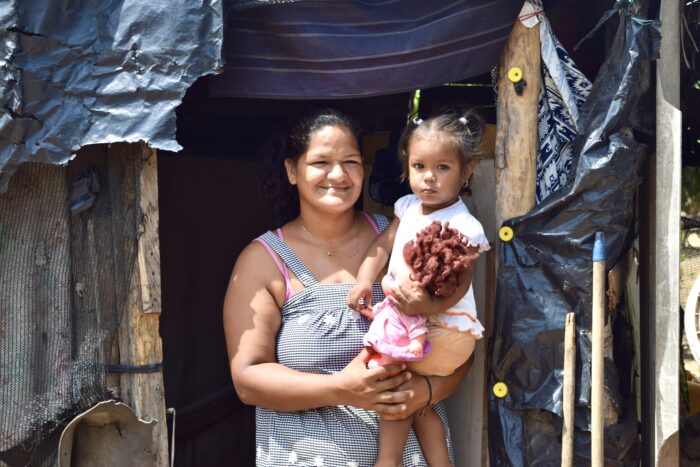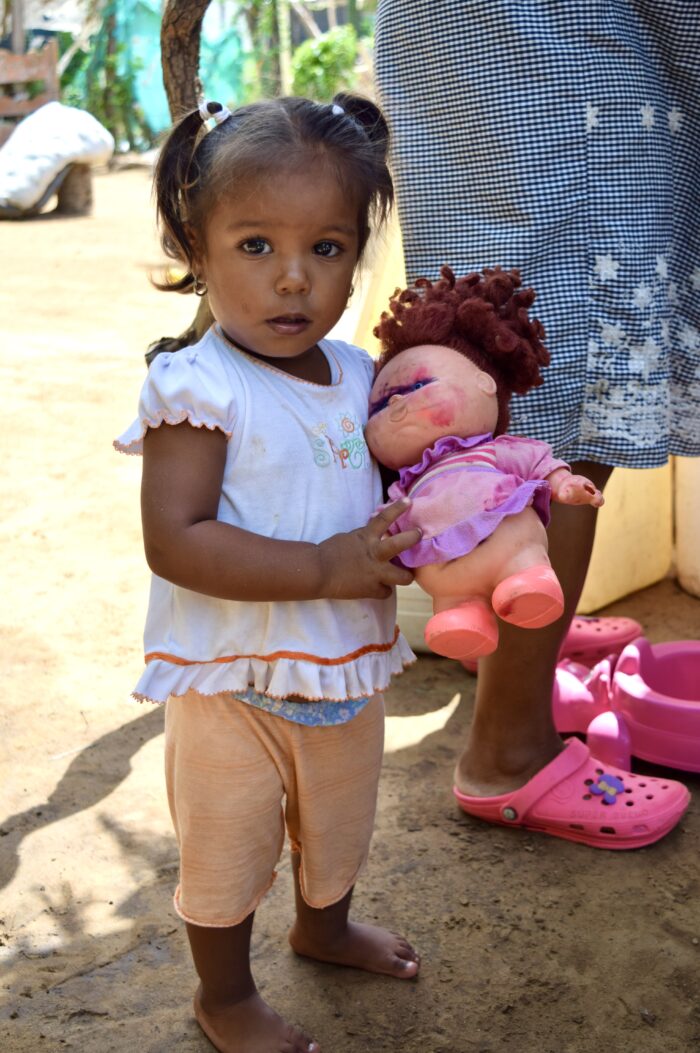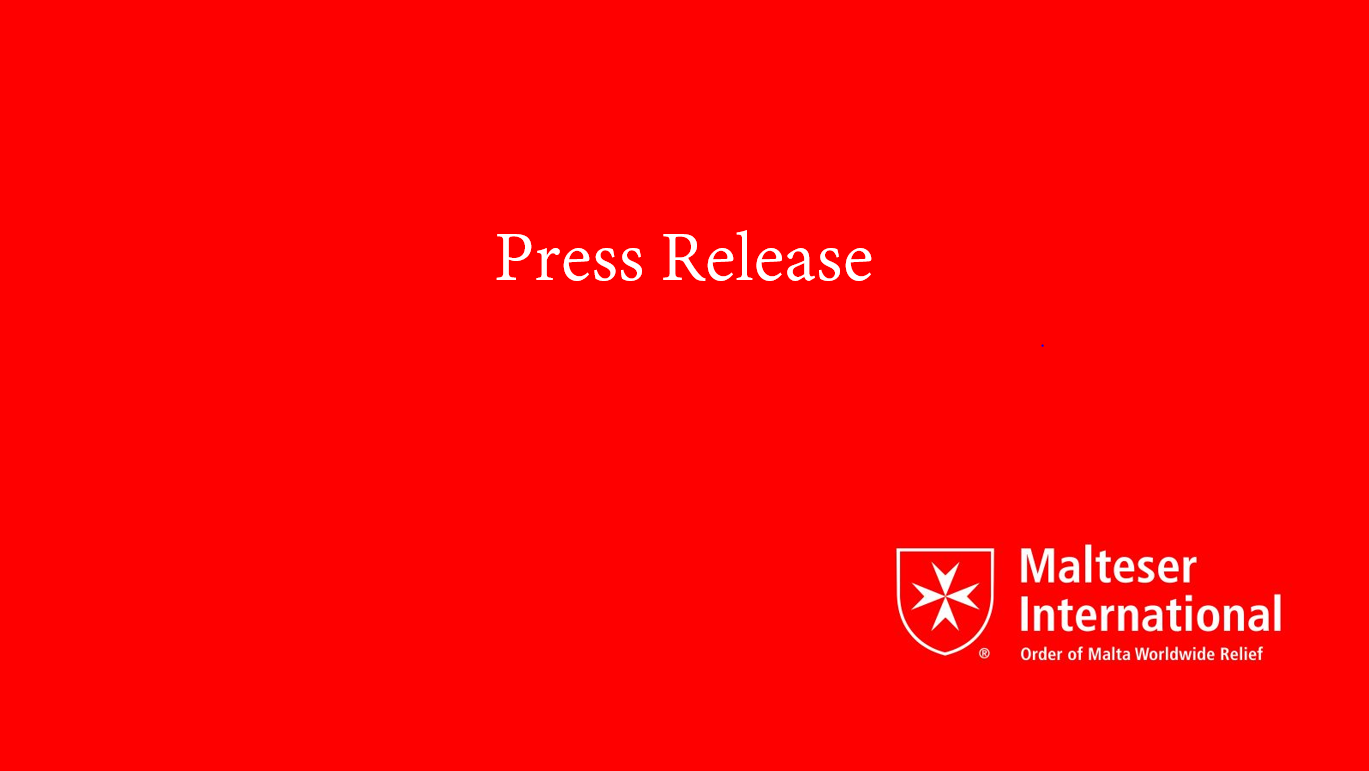South America
Colombia- Overcoming Emotional Barriers: A Migrant’s Perspective
The Venezuelan economic and political situation has forced its inhabitants to escape poverty and challenging living conditions and pushed them to migrate to look for better opportunities in neighboring Colombia. According to the Colombian National Administrative Department of Statistics (DANE), as of February 2022 there have been over 2.2 million Venezuelan migrants and 93,243 people specifically in the La Guajira department. The high volume of migrants in a concentrated area has caused an economic and humanitarian crisis and has applied pressure to an already vulnerable population. Migrating under dire conditions has had ripple effects on migrants’ mental health, including anxiety, fear and nervousness generated from the uncertainty of leaving everything behind and facing Colombia’s harsh realities.
Eveline Bravo Betacour, 29 years old, has faced mental health challenges due to her experience migrating from Venezuela as a single mother. Realizing that she needed help, she visited one of our mobile health brigades in Riohacha, Colombia seeking mental health support. It was only after she had the courage to open up that she was able to embark on a path to healing.
“Attending a mental health session with Malteser International Americas has been vital for me since the move from Venezuela deeply affected me. It was a very painful transition, I felt very alone and unwelcome. I think it is especially important for migrants to attend mental health sessions, especially from Venezuela where we have already suffered a lot.”
Despite the bravery and challenging environments experienced by the migrants on their journey, there remains a stigma associated with receiving mental health care. The fear of being judged and openly discussing these experiences can be regarded as taboo, leaving many to suffer in silence. While newly arrived migrants must take care of immediate material needs, the importance of attending to their mental health needs shouldn’t be overlooked.
“Even though there are a lot of taboos associated with mental health, I think that receiving emotional care as a migrant is very important, it is a safe space where you can let go of all your feelings, it is a moment of catharsis for the soul. It is a way to express all unsolved pains and traumas and through externalizing emotions and discussing them one starts to heal.”
Eveline remains hopeful for her future and thankful regardless of the trauma she has faced. As her mental health journey begins towards emotional well-being, she shares a message of hope to encourage others to be resilient despite adversity and overcome all taboos and barriers, with an optimistic outlook on the future.
“We as Venezuelan migrants have had to be strong to make the transition, we have gone through so much suffering and have overcome so many barriers. We shouldn’t let the taboos and the barriers of mental health get in the way of us developing a new life here. To all other migrants, I encourage you to take care of your mental health and take advantage of the services that Malteser International Americas provides.”





